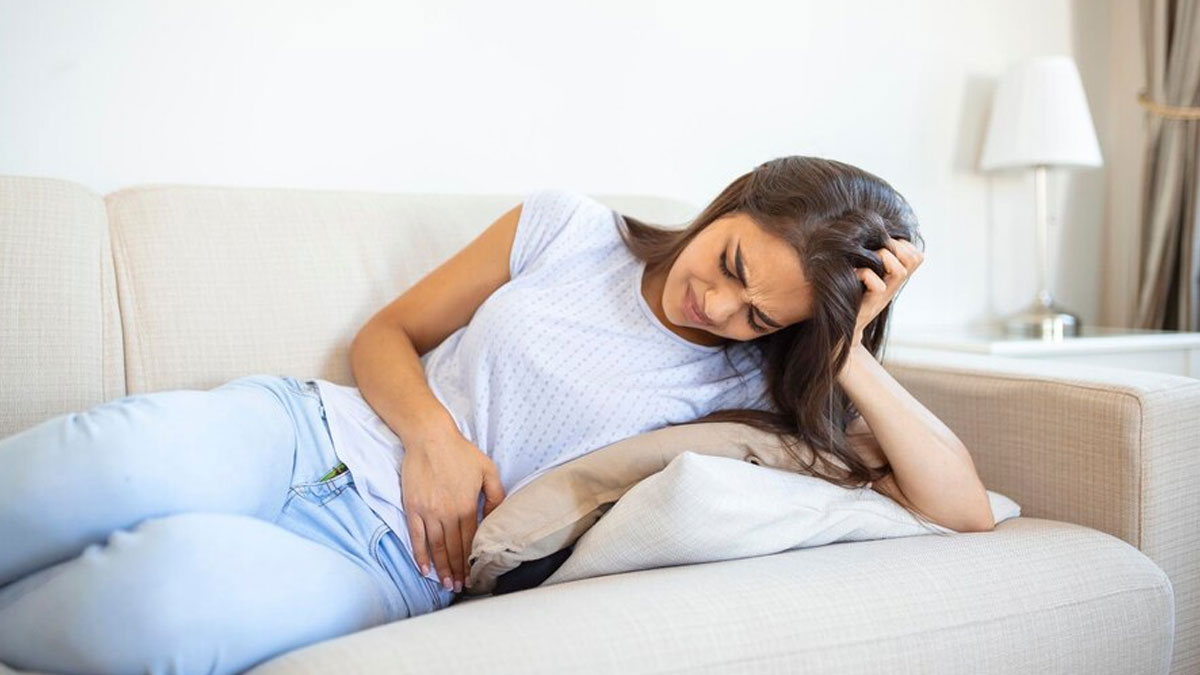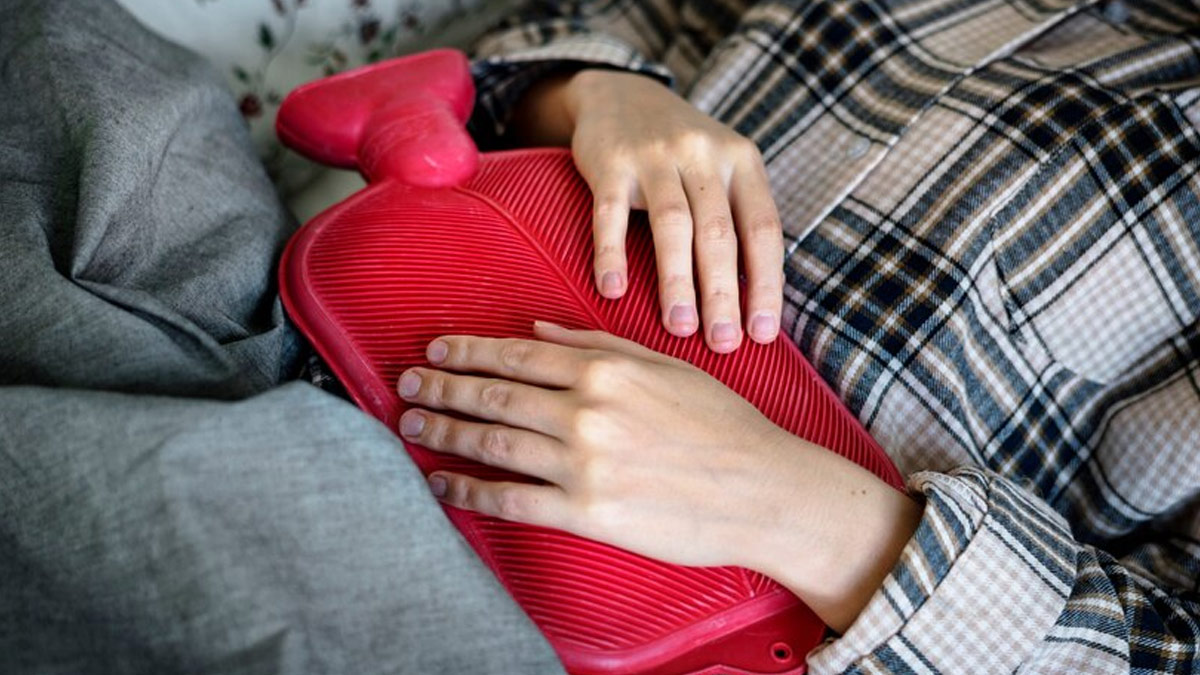
Have you ever experienced pain in your lower left abdomen and wondered its cause? This can be a sign of an underlying issue, ranging from digestion to reproduction. While severe pain may require medical intervention, however, mild pain can be relieved naturally. We spoke to our expert Dr Ganesh Chaudhary, Bachelor of Ayurvedic Medicine and Surgery (BAMS), PHC, Darbhanga, Bihar, who explained the causes of lower left abdomen pain and listed natural approaches to treat it.
Table of Content:-

Lower left abdominal pain can stem from various organs and structures in the abdomen, including the intestines, colon, kidneys, bladder, and reproductive organs. Dr Chaudhary listed the common causes as follows:
- Diverticulitis
- Irritable Bowel Syndrome (IBS)
- Constipation or diarrhoea
- Gas or bloating
- Kidney stones
- Pelvic Inflammatory Disease (PID)
- Ovarian cysts
- Endometriosis
- Muscle strain or injury
Also Read: Why You Shouldn’t Ignore Abdominal Bloating And Ways To Prevent It
Do's and Don'ts for Managing Lower Left Abdominal Pain
Dr Chaudhary listed do's and don'ts that you should follow to manage the pain as follows:
Do's

- Stay Hydrated: Ensure drinking enough water to stay hydrated, promote healthy digestion, and prevent constipation
- Eat Fibre-Rich Foods: Add fibre-rich foods, such as fruits, vegetables, whole grains, and legumes to your diet to support digestive health and regular bowel movements
- Practise Stress Management: Engage in stress-reducing activities, such as yoga, meditation, deep breathing exercises, and gentle exercises to alleviate tension and promote relaxation
- Maintain Good Posture: Practise good posture to avoid putting unnecessary strain on your abdominal muscles and organs
- Seek Medical Attention: If you experience severe or persistent abdominal pain, fever, vomiting, blood in the stool or urine, or other concerning symptoms, seek medical attention promptly
Don'ts

- Avoid Trigger Foods: Limit or avoid foods and beverages that can exacerbate digestive symptoms, such as spicy foods, fatty foods, caffeine, and alcohol
- Don't Ignore Symptoms: Pay attention to your body's signals and seek medical advice if you experience persistent or worsening symptoms
- Avoid Overuse of Pain Medication: Limit the use of over-the-counter pain medications, as they may mask underlying issues and can have adverse effects with prolonged use
- Don't Delay Bathroom Visits: Avoid delaying bowel movements, as this can contribute to constipation and abdominal discomfort
Also Read: Do You Have Abdomen Pain? Here's How To Know If It's Serious
Natural Approaches for Alleviating Lower Left Abdominal Pain
Here are some natural ways to get rid of lower left abdominal pain, as listed by the expert:

Heat Therapy
You can apply a heating pad or warm compress to the affected area to help relax muscles, reduce inflammation, and alleviate pain. Heat therapy can be particularly beneficial for muscle strain or menstrual cramps.
Herbal Remedies
“Certain herbal remedies may help alleviate digestive discomfort and promote overall gastrointestinal health. Peppermint, ginger, chamomile, and fennel are herbs known for their digestive properties and may help relieve symptoms, such as gas, bloating, and abdominal cramps”, said Dr Chaudhary.
Gentle Exercise
You should engage in gentle exercise, such as walking, swimming, or yoga to help improve circulation, promote healthy digestion, and reduce stress. Physical activity can also help alleviate constipation and encourage bowel movements.
Probiotics
Dr Chaudhary added, “Consider adding probiotic-rich foods, such as yoghurt, kefir, sauerkraut, and kimchi into your diet to support a healthy balance of gut bacteria. Probiotics may help alleviate symptoms of Irritable Bowel Syndrome (IBS) and promote overall digestive health.”
Adequate Rest
Another thing to keep in mind is to ensure that you get proper rest and prioritise your sleep. Aim for 7-9 hours of sleep per night and establish a regular sleep routine to promote optimal sleep hygiene.
Bottomline
Dr Chaudhary concluded, “To effectively manage lower left abdominal pain and support your overall well-being, you can follow the dos and don'ts outlined above and incorporate natural remedies into your routine. However, if your symptoms persist or worsen, it is essential to seek medical advice from a healthcare professional for proper evaluation and treatment.”
[Disclaimer: The information in this article is provided by an expert and is for informational purposes only. Hence, we advise you to consult your expert if you are dealing with any health issues to avoid complications.]
How we keep this article up to date:
We work with experts and keep a close eye on the latest in health and wellness. Whenever there is a new research or helpful information, we update our articles with accurate and useful advice.
Current Version